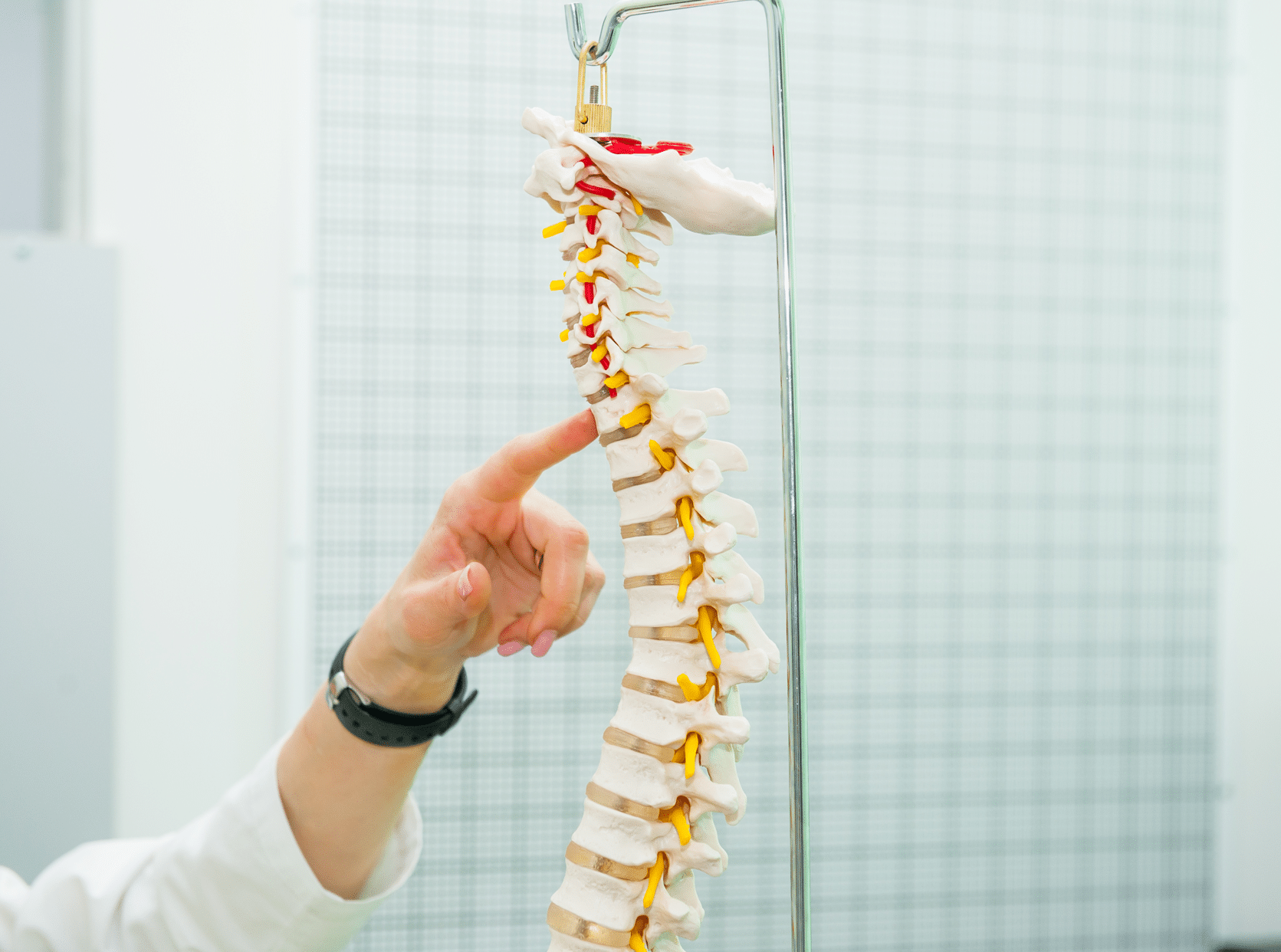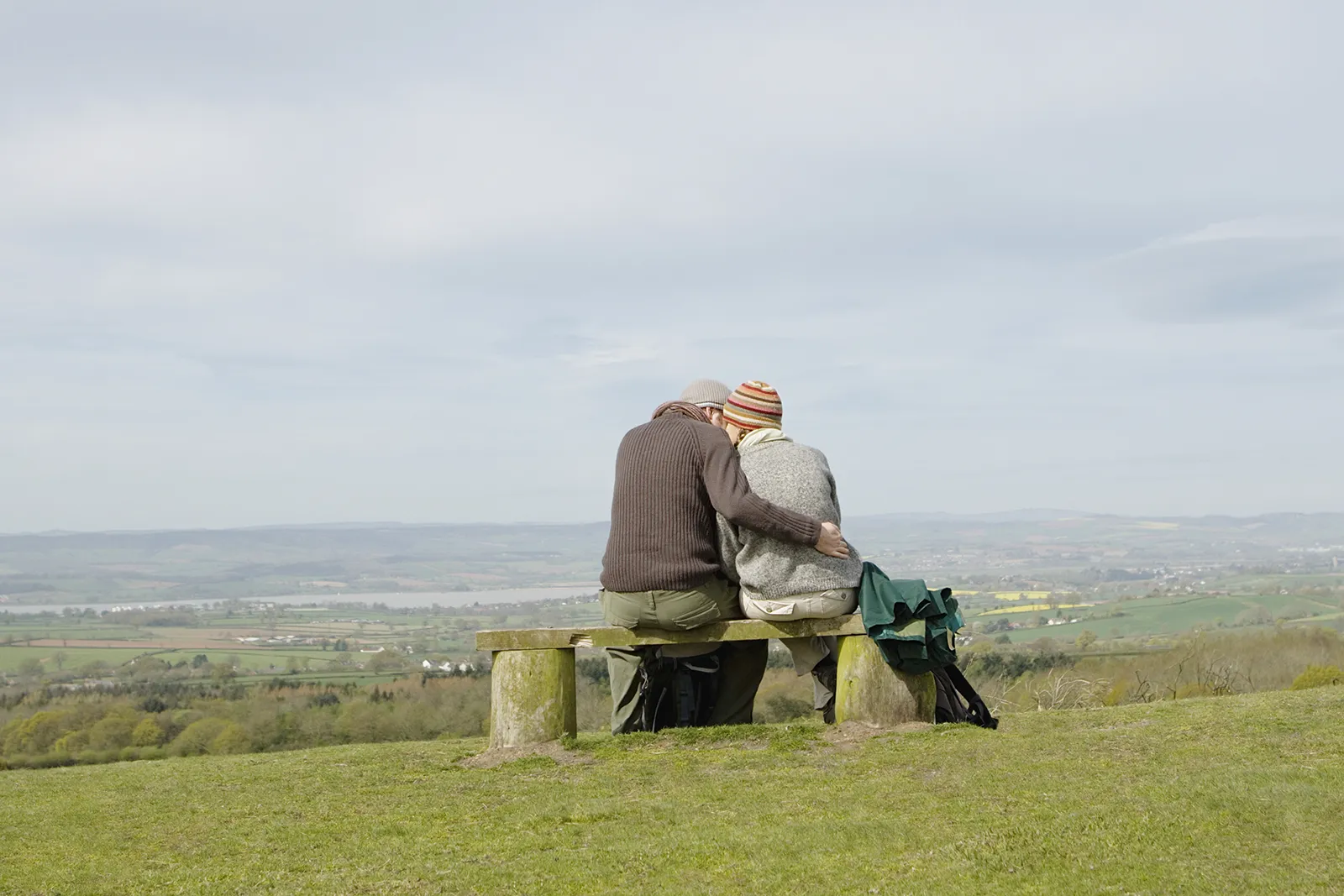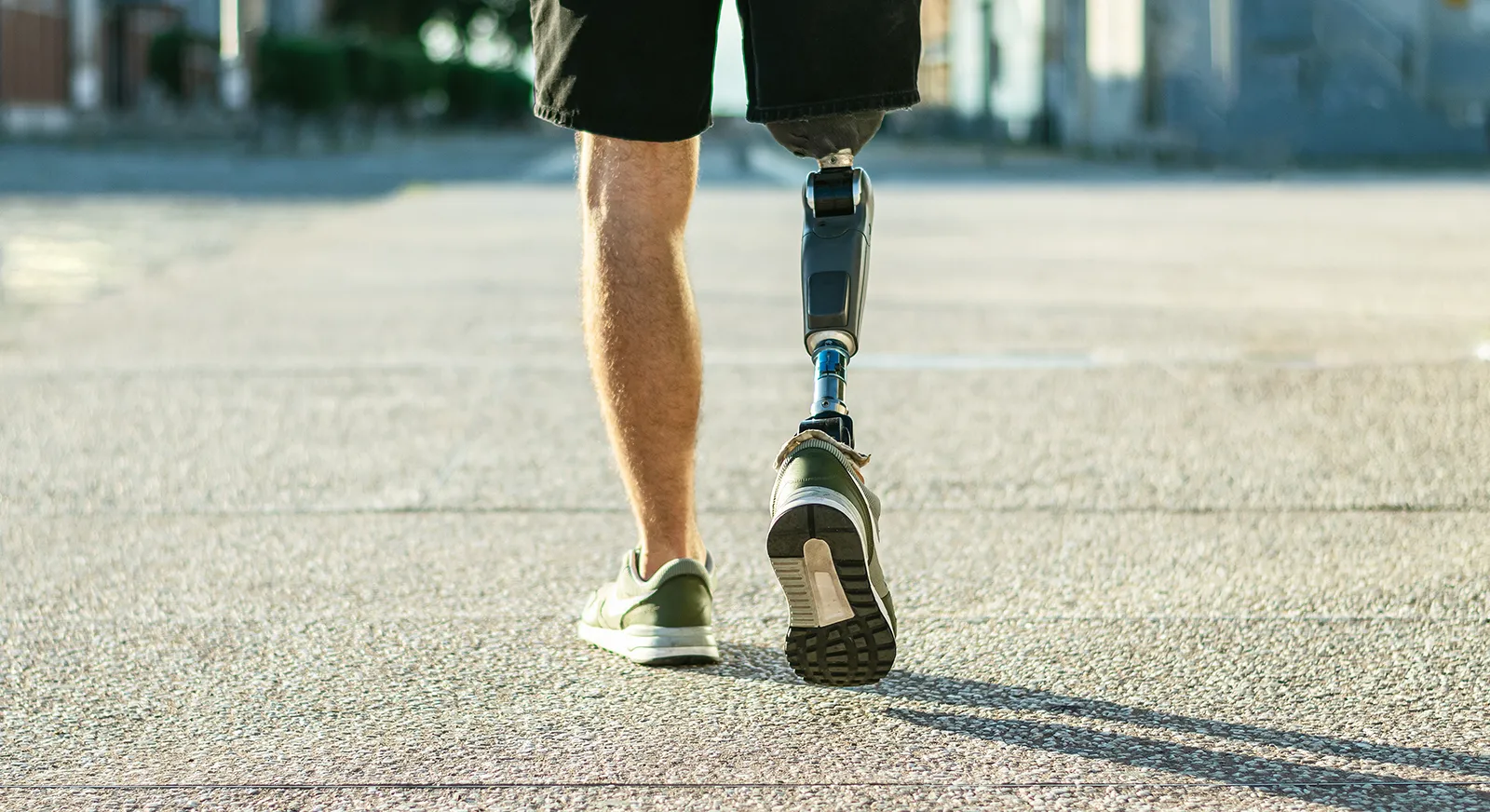It can be heartbreaking when a child close to you is injured in an accident. Of course, you will want to do all you can to ensure they are safe and recovering as quickly as possible. But there is often a sense of wanting to right the injustice they have suffered as well.
Making a personal injury claim on your child’s behalf can be a positive step to offset some of the negative effects of the accident they have experienced. It can provide financial compensation for your child, which is often extremely helpful, but it can also unlock quicker and easier access to rehabilitation, to assist with their recovery.
Injuries can occur in all sorts of accidents, but some of the most common child personal injury cases we encounter include:
- Road traffic accidents, where the child was a passenger of a vehicle or a pedestrian
- Accidents at school or nursery caused by inadequate supervision
- Accidents in a soft play area or playground resulting from unsafe equipment
- Using a faulty product which has led to injury
But no matter the kind of accident in which your child was injured, the following 5 points are important things you should know about making a claim for them.
1. Children need a Litigation Friend to make a claim
Anyone under the age of 18 must have someone to bring the claim on their behalf, except in very rare circumstances. Also, legally, anyone under the age of 18 is unable to enter into contracts and so is unable to instruct solicitors to act for them in a personal injury claim.
The person who brings a claim on a child’s behalf is known as their Litigation Friend.
The Litigation Friend will be responsible for the day to day running of the claim and will provide instructions to the solicitors. They will tend to be a parent or a legal guardian of the child, but there is no requirement for such a close relation to exist in order to act as Litigation Friend.
Ideally, however, a Litigation Friend should be someone who is in reasonably close contact with the child. This will help in making decisions on the child’s behalf, keeping track of their injuries, and observing the day-to-day effects these injuries have on the child.
If you are acting for your child as a Litigation Friend, the only key requirement is that you should act in your child’s best interests. This may sound obvious, but there are situations in which there might be a potential ‘conflict of interest’ that could prevent you from acting as Litigation Friend.
An example of a conflict of interest
One example would be if your child was injured as a passenger in a road traffic accident and you were driving the vehicle at the time. Depending on the circumstances, it might be possible that you are held partly (or fully) at fault for the accident. And, if so, it would be in your child’s best interests to claim some measure of compensation from your insurance company. This would, to an extent, go against your own interests. Therefore, in situations like these, it would be better for someone else to act as Litigation Friend so the potential conflict of interest does not affect your child’s claim.
2. Evidence is just as important as in other claims
Evidence is crucial to supporting all parts of a personal injury claim. As Litigation Friend, you will need to keep as much evidence as you can to cover matters such as:
- How the party you are claiming from is responsible for your child’s injuries
- How the accident has affected your child’s daily life
- Expenses you or others have incurred on the child’s behalf due to the accident
- Any additional care and assistance which you or others have provided to your child because of their injuries
Reports written by independent medical experts will be the main evidence for the injuries your child has suffered. However, if you can, it is always helpful to keep details of how your child is feeling and how their injuries are progressing. This can sometimes be difficult, especially with younger children, but such information can help to support the medical evidence and ensure that the right level of compensation is awarded.
3. The time limits for making a claim are longer
Usually, anyone making a personal injury claim has to do so within a time limit of 3 years from the date of the accident.
For child claims, however, the 3-year time limit starts on the day of the child’s 18th birthday instead. This means that when making a personal injury claim on behalf of a child, you will have until the child’s 21st birthday to make the claim.
4. Settling the claim will need court approval
When the parties agree to settle a child personal injury claim, the court will have to approve the agreed settlement before the claim can be completed. This will involve attending a court hearing, in which the judge will assess whether the settlement is reasonable and ensure that it reflects the child’s best interests.
You will be required to attend the hearing if you are acting as the child’s Litigation Friend, along with the child themselves. But there is nothing to worry about, as the hearing will be quite informal and nothing like the criminal court hearings you might have seen in dramas! Usually the judge will look at the settlement and the medical evidence and may ask a few questions to make sure it is fair.
Once the settlement has been approved, the money will be stored in a Court Funds Account until the child reaches the age of 18. However, in some circumstances the court can be persuaded to allow the money to be paid into a building society or ISA for the child, which may pay a better rate of interest.
5. The claim can often be funded as ‘No Win, No Fee’
If you are worried about funding the personal injury claim for your child, there are several options which might be available to you.
Truth Legal can handle most personal injury claims, including those made on behalf of children, through a No Win, No Fee Agreement, which means, if we are unsuccessful in the claim, there is usually nothing to pay.
You can find out more about this and other funding methods here.
Do you have questions?
If you would like to discuss the circumstances of you and your child with our friendly personal injury experts, please do not hesitate to get in touch with us.
Further Reading
From one of the UK’s most read legal blogs.










